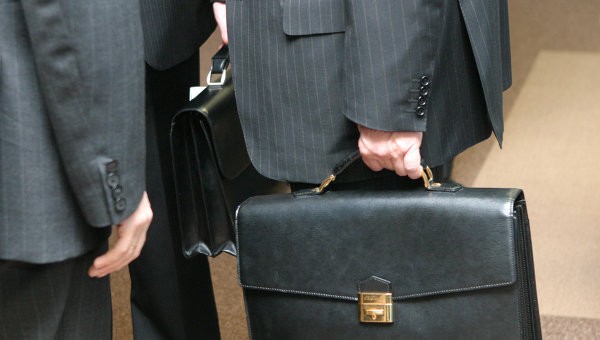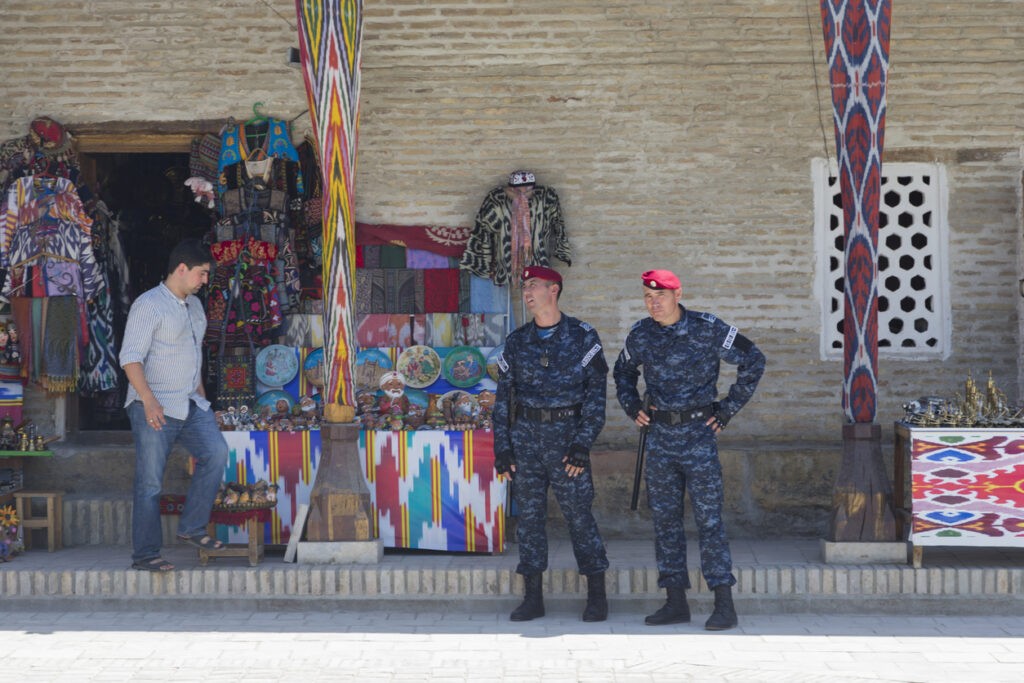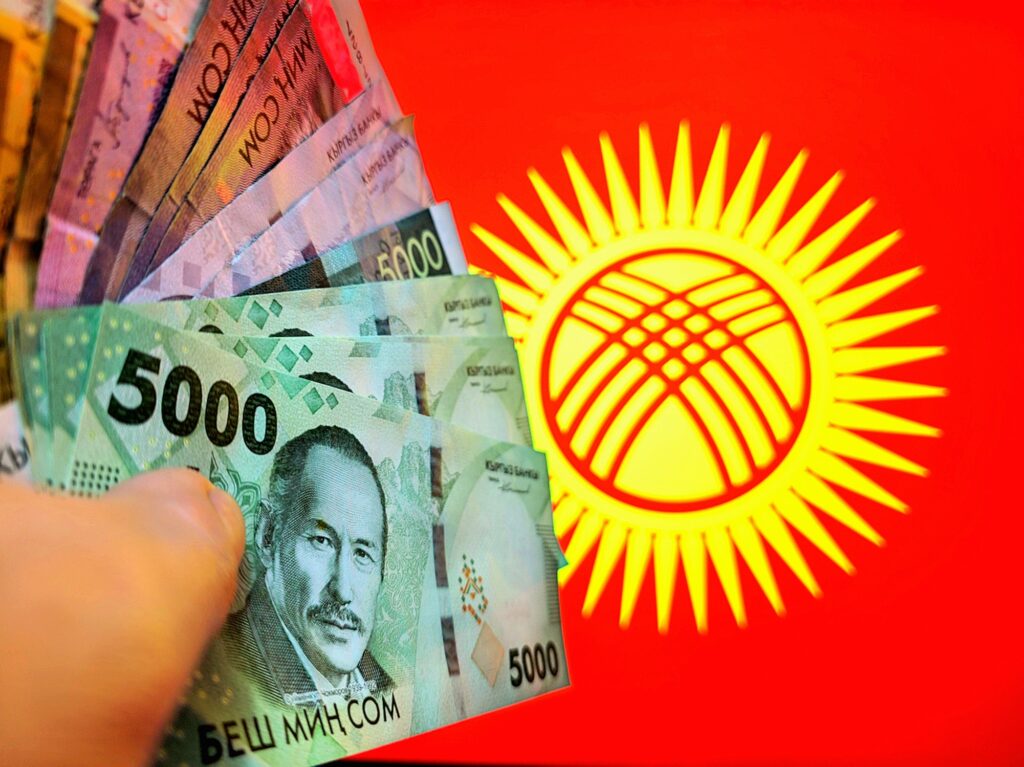BISHKEK (TCA) – About 95 percent of tenders had ended with criminal charges in Kyrgyzstan, the leader of pro-presidential Social Democratic Party of Kyrgyzstan and MP Isa Omurkulov said. Scandals with tenders occurred not only in the Transport Ministry, but also in other state agencies and local governments.
Intervention of law enforcement
It happened due to the intervention of law enforcement agencies and incompetence of their heads, the MP said. Any interaction with the state entails problems, and this is a big problem for future investors, Omurkulov believes. Before coming to the country, investors first examine all the conditions there to be sure of their investment safety. Litigations in business scare investors and prevent them from making decisions to invest, the MP concluded.
Despite the country has a liberal tax system and cheap electricity, the political factor has a negative impact on the investment attractiveness of Kyrgyzstan.
Opposition should be in any democratic country but fair and reasonable political struggles should stimulate the country’s leadership. Meanwhile, there are endless debates around the largest enterprise in the country, Kumtor gold mine, and each new Government discussed its nationalization. Over the 25 years of independence, Kyrgyzstan has changed 27 prime ministers and cabinets.
Russian business people are ready to invest in the untapped markets of Kyrgyzstan, especially now when the country is a Eurasian Economic Union member, Russian expert Gevorg Mirzayan said. The problem is in guarantees of investment safety and stability of the political situation.
Corruption and unbudgeted spending
According to the study conducted by the International Finance Corporation (IFC) in 2014, 57% of investors left Kyrgyzstan’s market due to corruption. Moreover, 80% of existing foreign companies complained about bribery and named it among the most important interferences with business.
The Government violates the terms of contracts, 27% of respondents said, and 40% are afraid of unjustified expropriation of their property.
“With public debt approaching critical levels and the likelihood that growth will remain modest in the medium term, it is essential for the Kyrgyz government to resume and accelerate fiscal consolidation,” Head of the IMF Mission Edward Gemayel said at a press conference in Bishkek. “It will also require careful consideration of public investment projects, be they foreign or domestically financed, to ensure that only the most essential ones are selected and that they are executed in an efficient and transparent manner. In the run up to next year’s Presidential elections, it is essential to refrain from unbudgeted spending,” Gemayel concluded.
Shadow economy
The shadow economy prevents the legalization of contracts with investors, especially in the small and medium businesses. Laws on the SMEs and on investments were adopted in Kyrgyzstan but in fact they are declarative because there are no regulations and action mechanisms to implement these laws.
More than 50% of SMEs are operating in the shadow economy, but corruption and complex tax administration are not the main problems of SMEs. About 72% of them cannot get access to finance for business development. SMEs also suffer from a lack of state guarantees for the property rights protection and legislation instability.
Fears of owners to lose control over their enterprises hinder the development of private investment market.
Government support
Local entrepreneurs did not get the expected support from the Russian-Kyrgyz Development Fund, which is actually acting as a commercial bank, they said. The Fund has the same requirements as those of commercial banks.
MP Askarbek Shadiev suggested that the Government establish a development fund with China such as the RKDF. Kyrgyzstan and China have concluded an intergovernmental memorandum on export of agricultural products and Kyrgyzstan can enter China’s 1.5-billion-strong market, he said. According to a survey conducted in a Chinese province, 62% of respondents said that dairy products were not natural and contained chemicals. Kyrgyzstan could export its eco-friendly dairy products to China.
Official statistics
About three thousand enterprises with foreign investments are operating in Kyrgyzstan, more than half of which with full participation of foreign capital, the Ministry of Finance of Kyrgyzstan said.
Joint ventures with foreign partners were established with Russia (21.3%), Kazakhstan (14.5%), China (16.8%), and Turkey (14.2%). The bulk of the companies (84.2%) carry out their activities in Bishkek. The greatest number of enterprises with foreign investments is focused on wholesale and retail trade, repair of motor vehicles, manufacturing, professional scientific and technical activities, and construction.
Enterprises with foreign investment employ more than 62.3 thousand people, about 80% of which are men, the National Statistics Committee of Kyrgyzstan said. Over the past 10 years, the activities of these companies remained profitable, except for the last two years, when the losses were caused by the local currency depreciation and the rise in interest rates on loans.
Over the past two years, FDIs have tripled compared to 2014, the Committee said. Most investments were made in Bishkek, the Chui, Issyk-Kul, and Jalal-Abad provinces.
The FDIs amounted to 3.9 billion soms in the first 9 months of 2016 in the Chui province, which is 49.2% more compared to the previous year. Most investments were directed to development, construction, trade, education, information and communication, and transportation.
The main investor countries (over 80% of FDI) are Canada, China, Great Britain, Russia and Kazakhstan, the National Statistics Committee said. FDIs from non-CIS countries increased 1.6-fold compared to 2014, including from Turkey (3.8-fold), the United Kingdom (3.6-fold) and China (2.1-fold).









